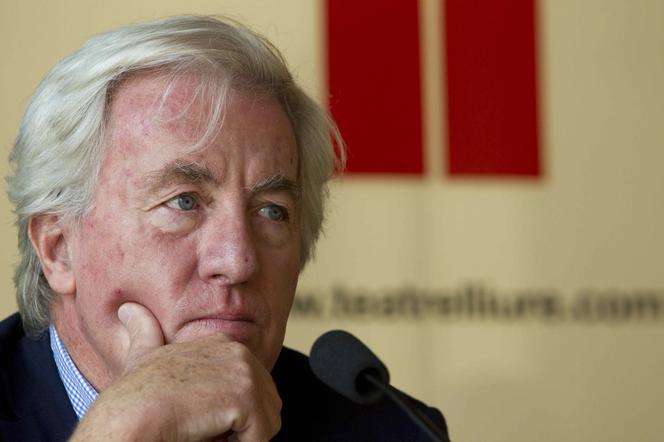


In its campaign to put an end to the "cultural hegemony" it attributes to the left, Italy's ruling right and far-right majority has won yet another battle. Since Saturday, January 20, Italy's cultural world has been abuzz with a new controversy surrounding the appointment of right-wing darling Luca De Fusco as director of the Teatro di Roma. For several weeks, the board of directors of this major cultural institution, which groups together three public stages, was transformed into a battleground between political and institutional interests over the choice of its future director.
The Teatro di Roma is actually under the authority of the capital's municipality, governed by left-wing mayor Roberto Gualtieri, and the Lazio region, whose president, Francesco Rocca, belongs to Fratelli d'Italia, the far-right party of Prime Minister Giorgia Meloni. The left wing of the board of directors supported the candidacy of culture adviser Onofrio Cutaia and the right wing that of De Fusco. Representatives of the two opposing political ideologies and administrative levels were therefore ranged against one another, with two votes each. The presence of Ministry of Culture representative Gennaro Sangiuliano tipped the balance to the right.
For the municipality of Rome, however, the purely majority approach was disqualified, as the capital provides the theater with the bulk of its funding. However, while its representatives believed that negotiations would be possible on this basis, their opponents took them by surprise. At a board meeting convened by its vice president – without the president's knowledge – and held hastily in the absence of the latter or any municipality representative, the ruling right representatives entrusted the position of director to De Fusco. Those absent learned of his appointment from the press.
Having directed 40 shows and served as director for numerous theaters and festivals throughout Italy, De Fusco now finds himself, at the age of 66, at the heart of a conflict that has nothing to do with his qualifications. His appointment continues to be the focus of a war over leadership positions in Italy's major public cultural institutions, which began when Meloni was elected and which the right wing is winning.
As soon as it came to power, Meloni's government declared its intention to oust the representatives of Italy's ideological left from its cultural centers of power. Accused of reigning unchallenged at a time when the right has a majority of public support, they must now make way for a "new national narrative," according to their political rivals. From Rome's Experimental Cinematography Center to the Venice Biennale to Milan's Little Theater and dozens of other posts of varying significance across the whole cultural spectrum, the right is selecting leaders that suit them. Although not systematically ideologues or radicals, in the eyes of the government, they have the merit of not being associated with the formerly dominant cultural left. The "new national narrative" they are supposed to be building has yet to see the light of day.
You have 20% of this article left to read. The rest is for subscribers only.
